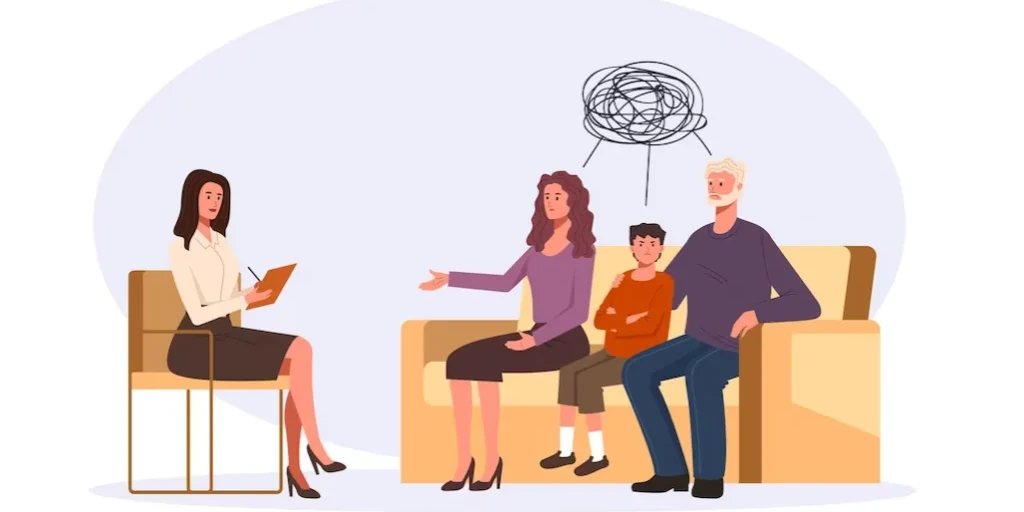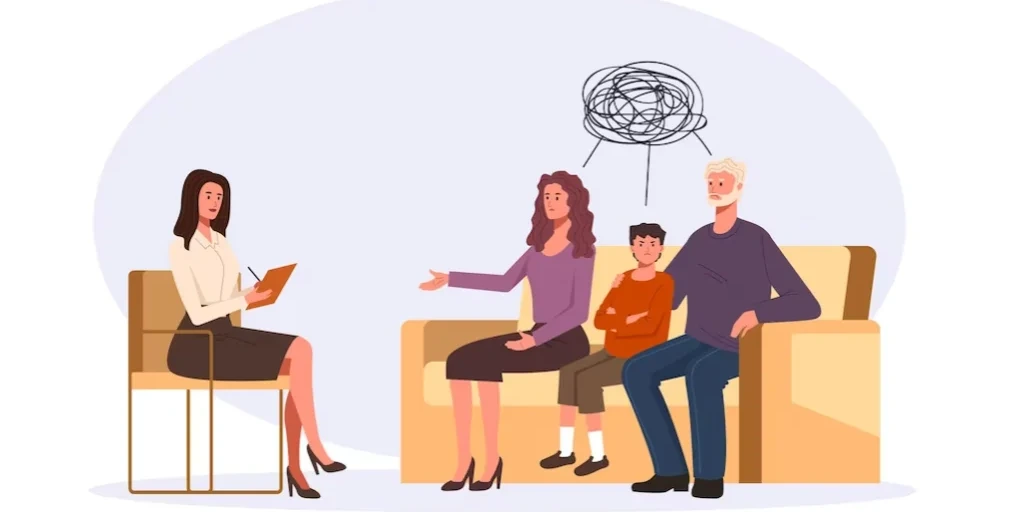24/7 Helpline:
(866) 899-111424/7 Helpline:
(866) 899-1114
Learn more about Partial Hospitalization Program centers in Bartow County
Partial Hospitalization Program in Other Counties

Other Insurance Options

Ceridian

Magellan Health

State Farm

WellCare Health Plans

Absolute Total Care

Medical Mutual of Ohio

EmblemHealth

Premera

Highmark

Amerigroup

Access to Recovery (ATR) Voucher

Carleon

United Health Care

Lucent

UnitedHealth Group

Providence

Private insurance
Beacon

Evernorth

Anthem

Highland Rivers Health – Bartow Recovery and Wellness Center
Highland Rivers Health provides a variety of treatment programs and services to meet your individual...































Family Counseling and Recovery Center
Family Counseling and Recovery Center is a private rehab located in Cartersville, Georgia. Family Co...

Georgia Mental Health and Substance Abuse Center
Georgia Mental Health and Substance Abuse Center is a private rehab located in Cartersville, Georgia...

The ROC Clubhouse
The ROC Clubhouse helps youth with mental health issues build self-esteem, resiliency and life skill...

Cartersville Center
Cartersville Center is a private rehab located in Cartersville, Georgia. Cartersville Center special...

Alliance Counseling Associates
Alliance Counseling Associates is a private counseling clinic located in Cassville, Missouri. Allian...

Heartland Center for Behavioral Change – Casville Outpatient Clinic
Heartland Center for Behavioral Change–Cassville Outpatient Clinic, in Cassville, Missouri, provides...


















































